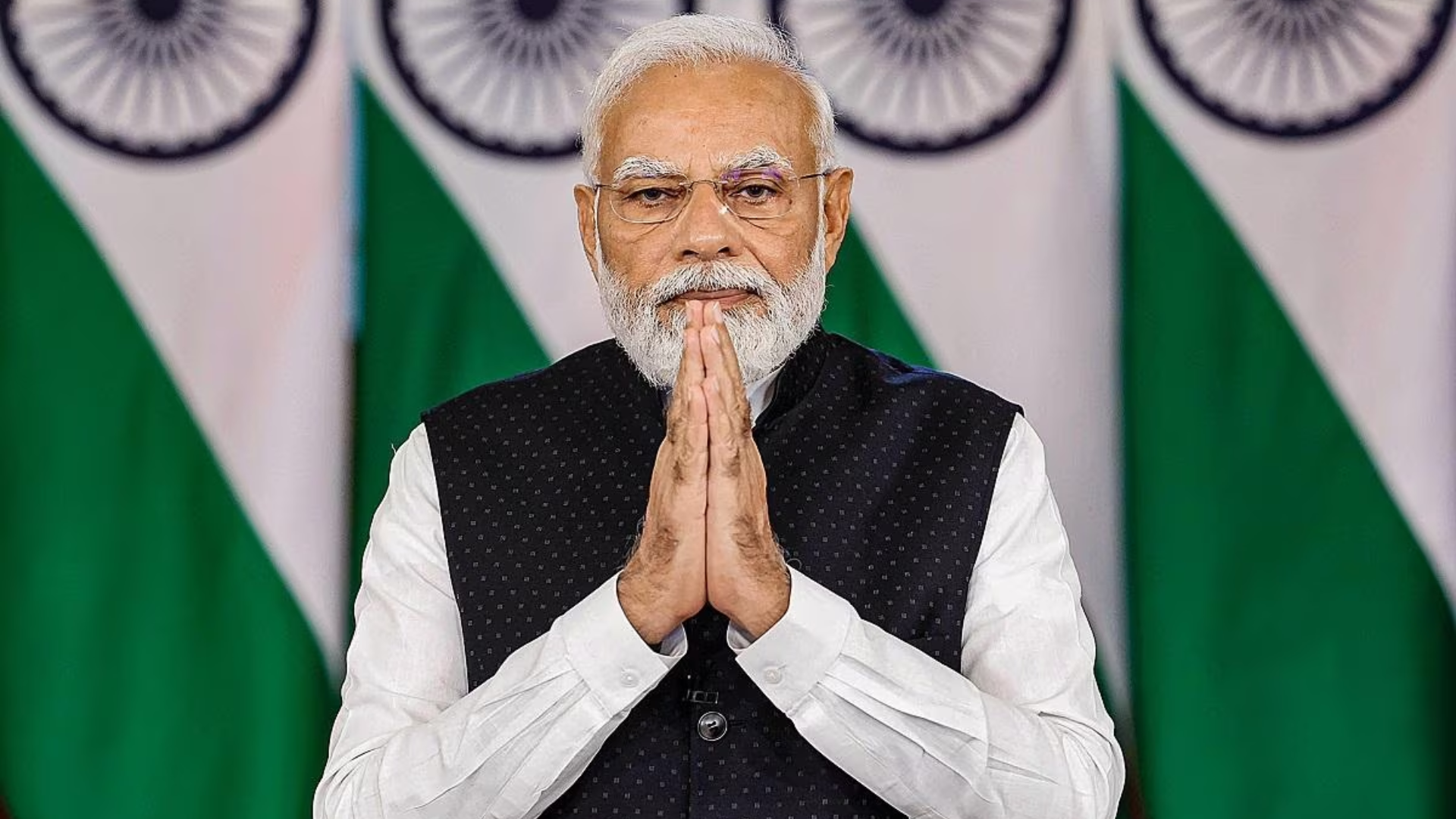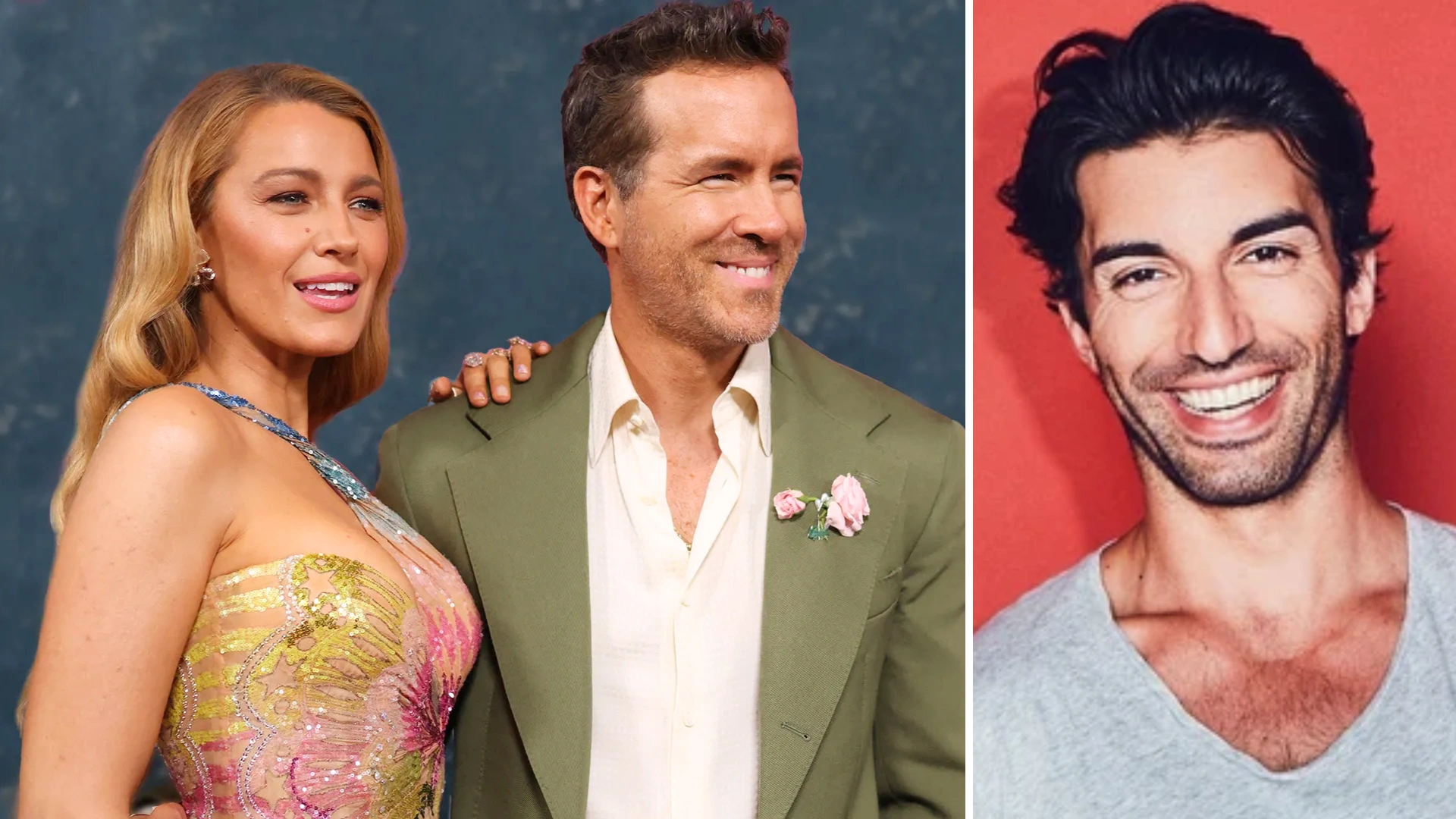As Delhi prepares for the swearing-in ceremony of Prime Minister Narendra Modi and his Cabinet on Sunday, heightened security measures have been put in place. Delhi Police Commissioner Sanjay Arora has issued a ban on the use of sub-conventional aerial platforms, citing potential threats from criminal or terrorist elements.
The ban encompasses a range of aerial devices including para-gliders, para-motors, hang-gliders, UAVs, microlight aircraft, remotely piloted aircraft, hot air balloons, small-sized powered aircraft, quadcopters, and even para-jumping from aircraft. The order emphasizes the need to safeguard public safety, dignitaries, and vital installations from potential threats posed by these unconventional aerial platforms.
The decision comes in light of intelligence reports suggesting that certain criminal, anti-social elements, or terrorists hostile to India may exploit these aerial platforms to endanger public safety and disrupt the event. The order underscores the seriousness of the potential threat and the necessity for preemptive action to mitigate risks.
According to the order issued by the Commissioner of Police, engaging in any of the aforementioned activities during the specified period will be punishable under the law. The ban is set to come into effect from June 9 and will remain enforced for a duration of two days, ending on June 10, unless withdrawn earlier.
READ MORE : PM Modi’s Lok Sabha Win Draws Cheers From 75+ Global Leaders
The stringent measures underscore the commitment of the authorities to ensure the smooth conduct of the swearing-in ceremony and to uphold the security and integrity of the event. With dignitaries and public safety at the forefront, the ban serves as a proactive step to preempt any potential security breaches and maintain law and order during the event.
The ban on sub-conventional aerial platforms reflects the evolving nature of security challenges and the proactive approach adopted by law enforcement agencies to address emerging threats. It highlights the importance of vigilance and coordination among security forces to safeguard public events and protect against potential risks.
As preparations for the swearing-in ceremony continue, the ban on sub-conventional aerial platforms underscores the imperative of collective security efforts and reinforces the commitment to ensuring a safe and secure environment for all stakeholders involved.


















